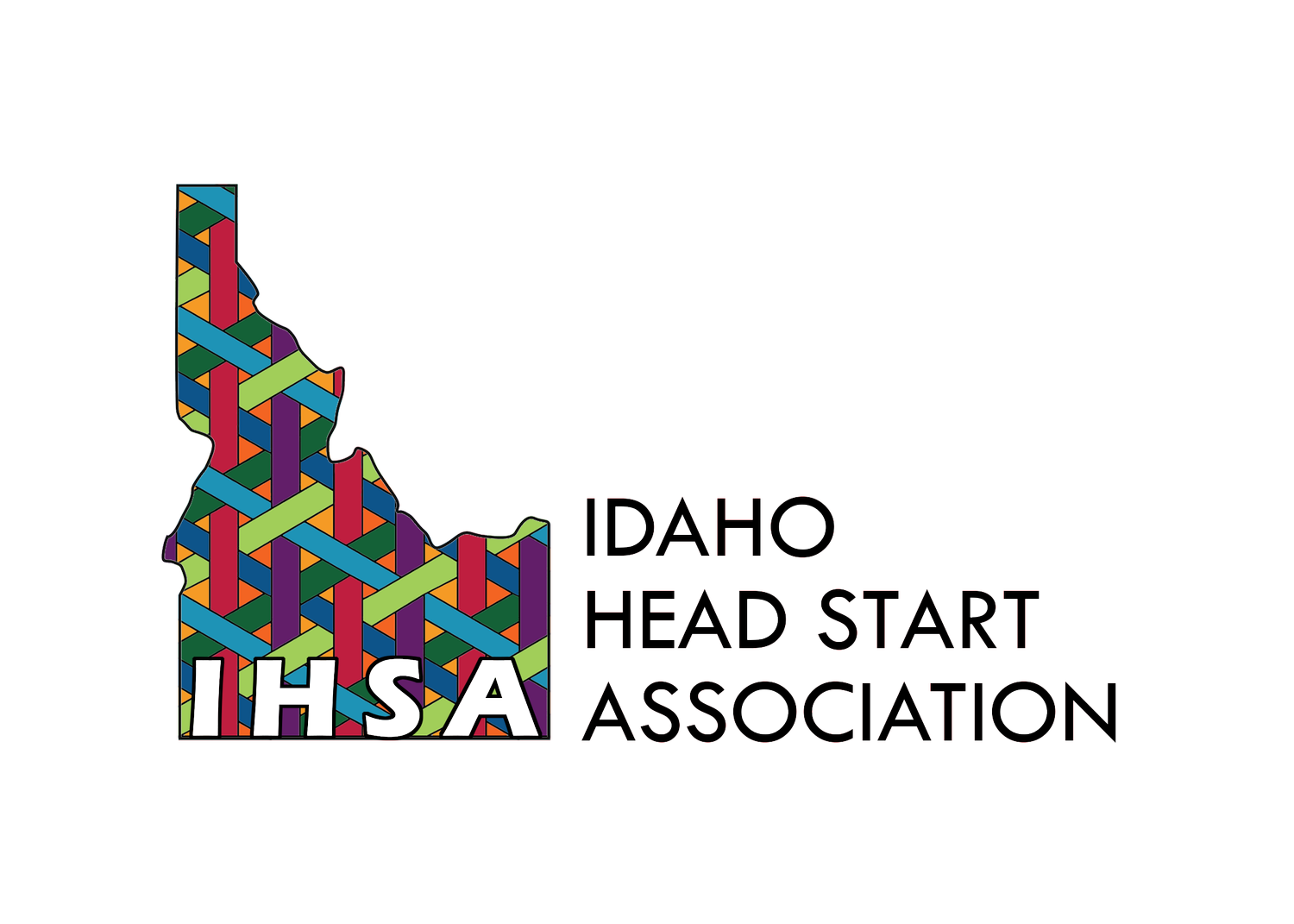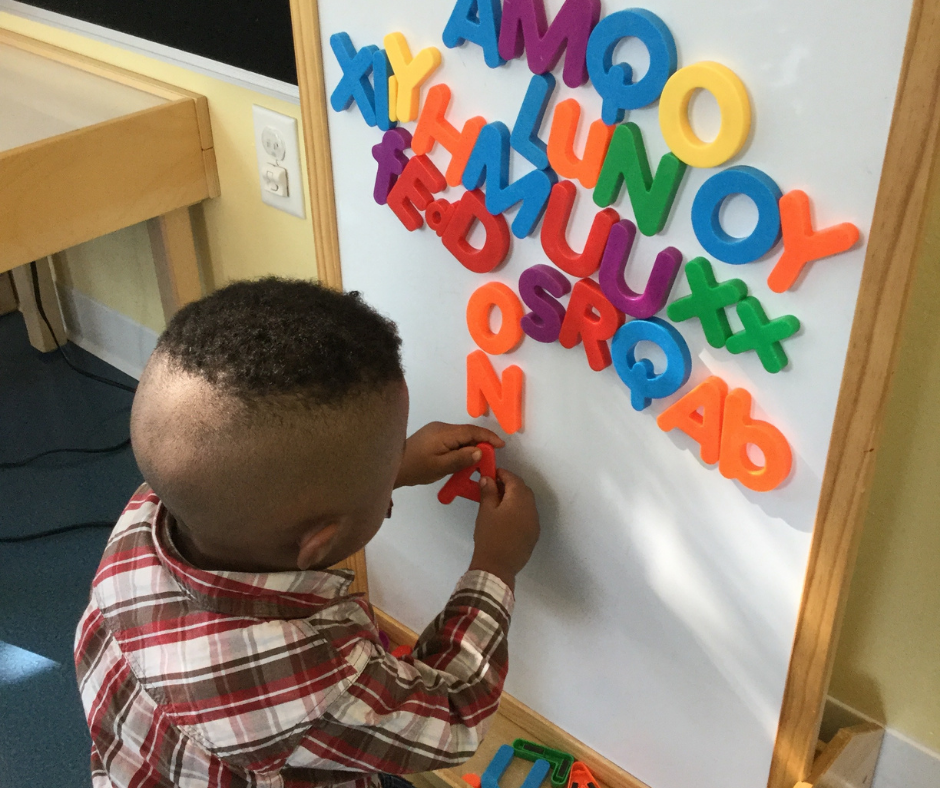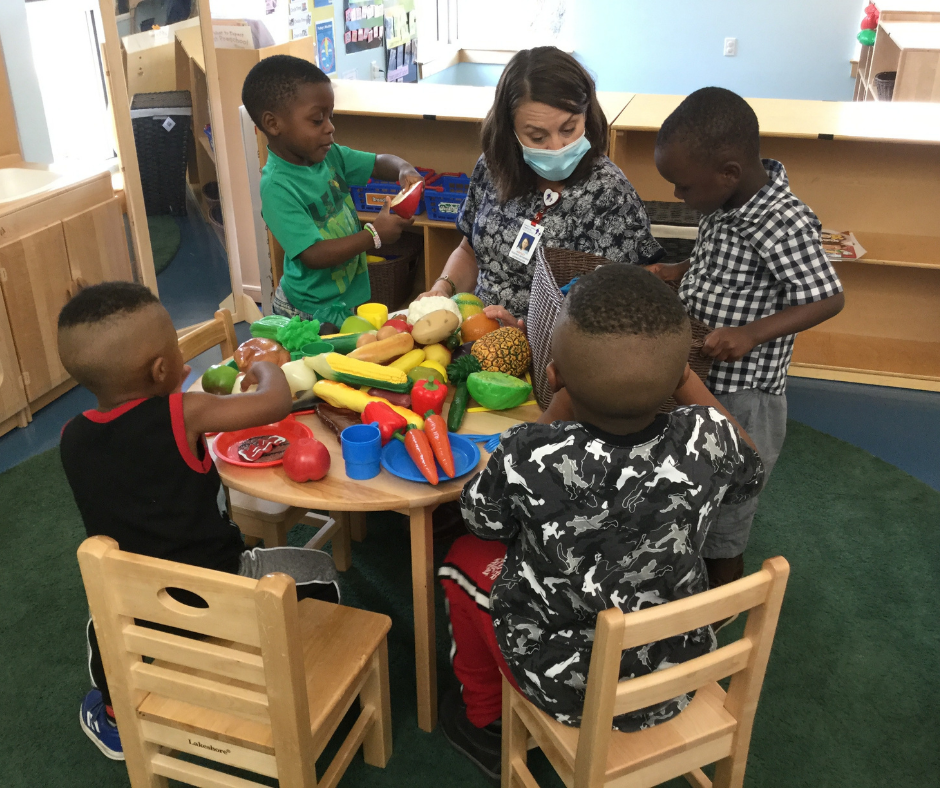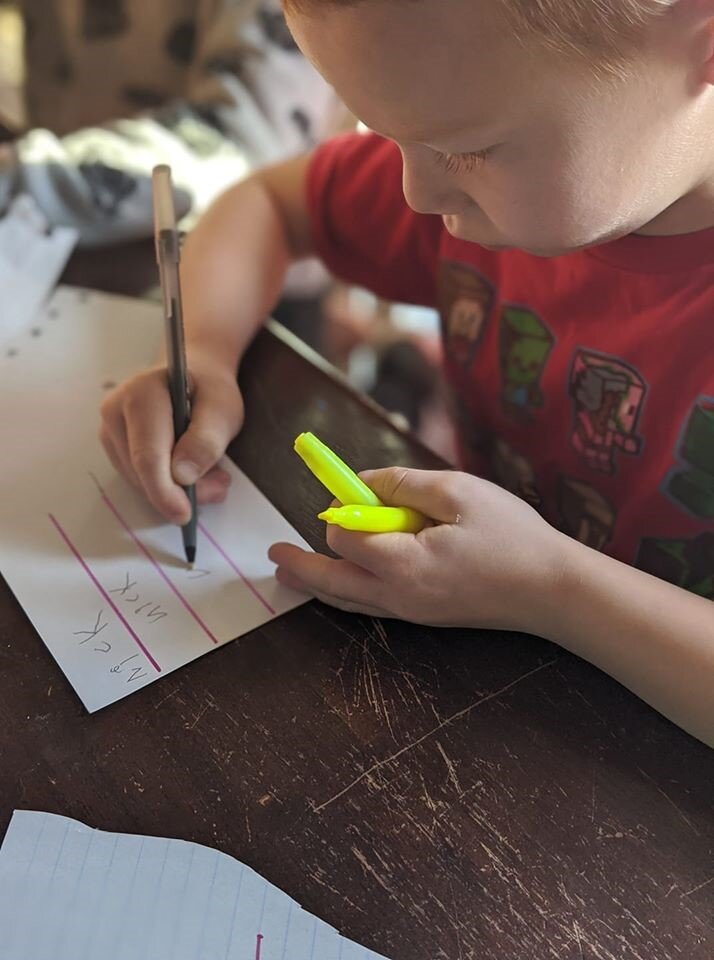By Steve Stuebner Special to the Idaho Press
November 29, 2020
Dora Stinnett was a victim of domestic violence when she was a young mom with two kids aged 5 and 6.
She knows what it’s like for low-income families that seek help through the Head Start program at the Friends of Children & Families center in Garden City.
“I’ve been there,” Stinnett says. “In my own situation, I wasn’t sure where to turn for help. But after I enrolled my son, Jacob, in Head Start, he had a fun place to learn and play with other kids his age.”
While Stinnett sought help from the Women’s and Children’s Alliance in Boise to get out of an abusive relationship, Jacob learned early reading, writing, math and communications skills in addition to receiving positive social and emotional support at Head Start. Jacob also had time to play with other kids his age at Head Start, developing balance and motor skills via light physical fitness activities.
“Head Start helped prepare Jacob for kindergarten and elementary school,” she says. “He was a good student, and he actually graduated early from high school.”
From Parent in Need to Family Advocate
Nowadays, Stinnett is in her 13th year of providing support services to families and children through the Friends of Children & Families Head Start center in Garden City. Her own personal experience helps when visiting with new families that need assistance, because she’s used those services herself.
“I can relate to needing some extra help. I was so grateful to receive services from Head Start and other agencies in my time of need. I am honored to be able to help others with the resources they need through my position as a Family Advocate at Head Start.”
Head Start Serves Family in Ada and Elmore Counties
Friends of Children & Families serves about 460 children in Southwest Idaho through five Head Start centers in the greater Boise area, Meridian, Kuna and Mountain Home, and two Early Head Start centers in Garden City and Glenns Ferry.
Stinnett and other family advocates serve as resource coaches for families with children enrolled in Head Start, providing positive emotional support for families. They also help families tap into a broad array of basic community resources to assist with food, housing, clothing, employment, health care, transportation, library cards and much more.
“We try to give families a Head Start,” says Kathryn Gregory, a family advocate for the Friends of Children & Families center in Garden City. “We help our families get their kids ready for school.”
Head Start Community Provides Support
Ally Claxton, a young mom who lives in Boise, says the Friends of Children & Families Head Start center in Garden City has become a place where her son, Rory, feels a strong sense of community.
“He was pretty nervous, quiet and stand-offish when he first started at Head Start,” Claxton says. “Now, it’s his place. He wakes up in the morning, and he’s all excited about going to school. He loves it. It’s been so good for him!”
Claxton has one daughter, Emme, at Pierce Park Elementary, and her son Rory to balance at home when the kids are not attending school in person. Both kids are on an alternating days schedule because of the COVID-19 pandemic. That schedule is working well for her, because often she has just one of her children at home during the day, allowing her to spend quality time with them while working on assignments virtually.
Claxton is working on obtaining a nursing degree at the College of Western Idaho. Stinnett helped Claxton connect with the federal TRIO program, which helps individuals register for college and apply for financial aid. Claxton and her kids live with her mother.
Claxton is excited to see her son eating more diverse foods, including vegetables, after eating them with fellow students at Head Start. “He’s kind of a picky eater, but he’s more willing to eat different things since the other kids are eating those foods, too.”
She hears Rory singing new songs when he comes home from Head Start, and he’s showing interest in home activities like counting games, flash cards, puzzles and other games.
“It’s been such a great experience for us. I just can’t say enough good things about it,” Claxton says.
Families Are Struggling in Isolation
Stinnett and Gregory are noticing that families really are struggling at times because of the isolation required by the pandemic. By going through family situations and developing a needs assessment, the family advocates provide tips and leads to solve problems and reduce stress.
Family advocates meet with families in person, virtually by computer or on the phone three times per year so they can stay in touch on their needs and follow up on goals, officials said.
Smaller class sizes and small groups are providing more quality time with kids and families, Gregory says. “One of the silver linings is that we have more one-on-one time with individual students,” she says.
“It’s a smaller, calmer classroom.”
Family Fun Nights at the Head Start center are something that families and their children look forward to, officials said. Head Start staff serves dinner for families at the Garden City facility in a small group setting (to follow COVID protocols), and then they engage in fun activities including music and dancing. Prior to COVID, they did one Family Fun Night per month. Now they do four, for smaller groups.
“Even if it’s helping only one family, it’s still really fun,” Stinnett says. “It makes all the difference.”
Head Start is a Lifeline
“We’re trying to always think out of the box during this time to keep some semblance of community,” adds Stephanie Morrison, manager of family services for Friends of Children & Families Head Start. “We want them to know that we are there for them.”
“For most families who attend Head Start, we are their community, their dependable support network in times of need, and in many cases, their lifeline,” says Bill Foxcroft, executive director of Idaho Head Start. “Especially during COVID, Head Start is doing heroic work to keep families connected and making sure their children are getting what they need to get a jump-start in life.”
Friends of Children and Families Inc. provides a comprehensive child development and family support program for about 500 income-eligible children and their families in Southwest Idaho. Children participate in a variety of learning activities through Head Start and Early Head Start to help them develop intellectually, socially, emotionally and physically. Families have access to programs and services to help them achieve individual goals, including economic self-sufficiency.
For more information, go to: focaf.org.
















